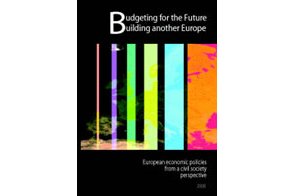Since the declaration of a State of Emergency in Bangladesh in January 2007, emergency laws have been used to suppress opposition to the government and the freedom of speech, association, assembly and expression of a wide variety of groups.
In recent months, the use of these laws to repress (…)
Bangladesh’s state of emergency and its impact on labour rights
Clean Clothes Campaign


